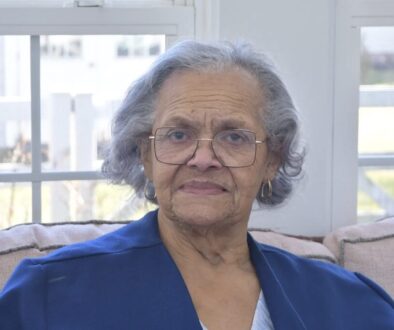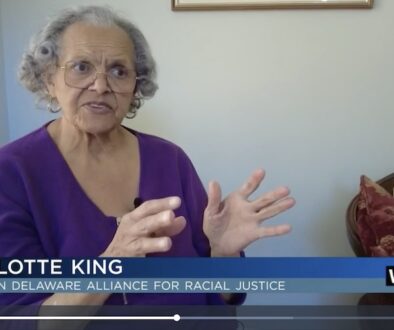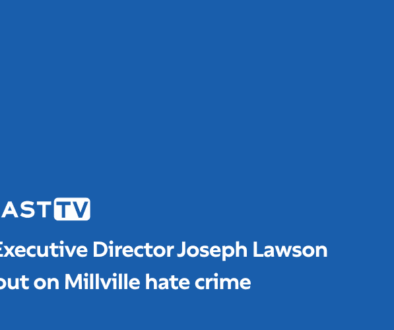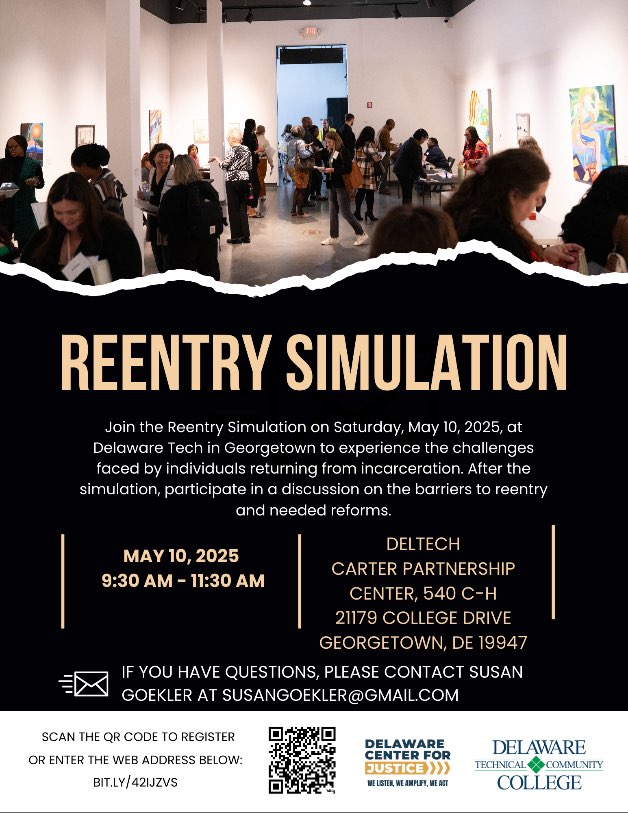Returning Citizens Support Committee Update
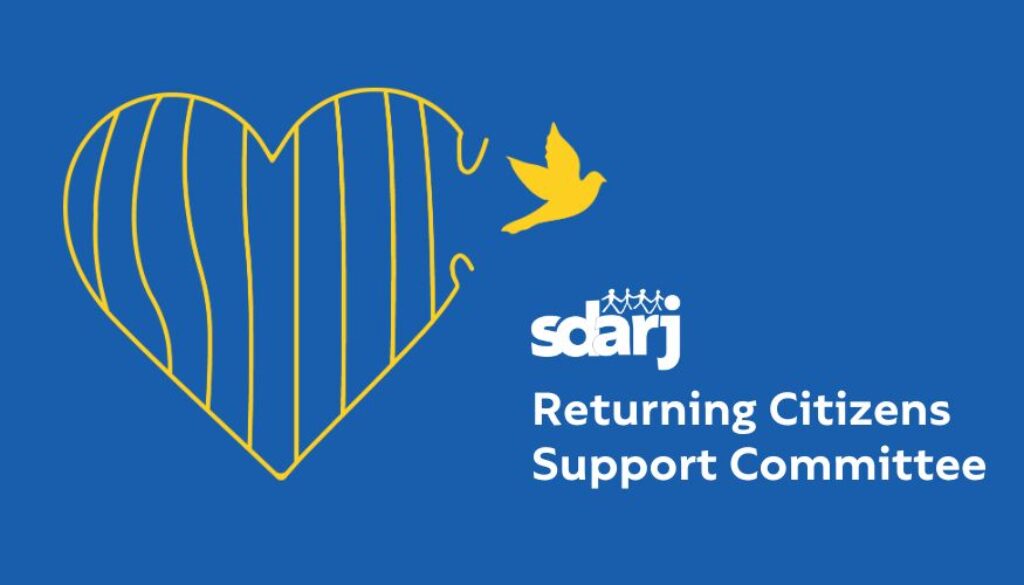
A newly formed committee of the Southern Delaware Alliance for Racial Justice, based in Lewes, Delaware, is running full speed ahead.
The goal of the Returning Citizens Support Committee (RCSC) is to help returning citizens acquire essential resources and empower incarcerated men and women or their family or friends to overcome barriers for successful reentry into the community. Dedicated to assist returning citizens in obtaining access to services for return to the workforce, reuniting with their families, or seeking shelter, legal services, and medical and/or mental health referral, the long-term goal is to prevent recidivism.
Focused primarily on Sussex County, the committee is partnering with several organizations in Delaware’s three counties and hopes to eventually provide statewide services.
Melvin Mitchell, the RCSC chair, passionately describes future goals: “The Returning Citizens Support Committee will research and report issues in the life cycle of the entire prison system and advocate for change – from intake, sentencing and incarceration; to returning to society and effecting and/or supporting change through legislation.”
Mitchell recently retired to Millsboro, Delaware from Bowie, Maryland. Described as a prison reform activist with a passion for reforming Maryland’s criminal, legal, and prison systems, he brings years of experience to Delaware. After an exemplary federal government information technology career and as president and CEO of a company designing and implementing information management systems, he, in collaboration with the minister of Reid Temple in Glenn Dale, Maryland was actively involved for 30 years in support of citizens returning to society from prison.
Titled “Second Chance with Assistance”, the ministry, with other faith-based, communities, organizations, and government entities offered formerly incarcerated citizens and their families similar services offered by RCSC. The Reverend Joyce Pugh of Reid Temple African Episcopal (AME) Church stated, “Reid Temple, the largest AME Church in the world, has been a leader in ministering to returning citizens in and out of prison for decades. Melvin Mitchell was uniquely qualified as a leader in the Reid Temple Prison Ministry because of his long advocacy and support for his two nephews serving life-long sentences in the federal prison system, and as moderator for their expungement conferences. He participated in Sunday services in the men’s and women’s prisons and mentored returning citizens upon their release from prison. His background in strategic planning was integral to the efforts to reform the criminal justice system in the state.”
Soon after he settled in Delaware, Mitchell reached out to the legislature and soon established partnerships with Delaware State University and Kent and New Castle County organizations with similar goals.
Mitchell was contacted by the National Abolish the Death Penalty Organization, of which he is a member, the night before Delaware’s House Committee planned to discuss legislation to abolish the death penalty. The next morning, for the first time, he presented public comment at a Delaware House Committee meeting. Mitchell, as a lifelong civils rights advocate knew the importance of legislation that would be presented to the General Assembly to make long term sustainable change in this area. HB 70 bill, which eliminates the death penalty for anyone convicted of first degree murder for an offense committed after the person’s 18th birthday, was passed by a simple majority. The penalty is imprisonment for the remainder of the person’s natural life without benefit of probation or parole or any other reduction. HB 301, a constitutional amendment banning the death penalty as a method of punishment in Delaware requires a two-thirds majority and was four votes short of the 28 votes needed to pass. The amendment has to be introduced again in the next General Assembly session.
Mitchell also participated in Lobby Days and provided testimony for two additional bills that would impact the lives of returning citizens considered in the 2024 legislative session. House Bill 290, would remove barriers to higher education by allowing a student convicted of a violent felony to qualify for or maintain eligibility for a Student Excellence Equals Degree (Seed) scholarship. Although only the HB 70 bill, death penalty abolishment legislation, was successful, Mr. Mitchell emphasized the importance of being vigilant and committed to continuing to fight in the future for legislation that could have a positive impact on the lives of Delaware’s returning citizens.
The RSCS website recently went live. Incarcerated individuals with access to a computer or family or friends can request, at the present time, RCSC support in four areas: shelter, employment, legal services referral, and medical and/or mental health referral. For individuals without computer access, the form can be downloaded, printed and mailed.
To access the Returning Citizens Support Committee website:
- Visit: sdarj.org/returning-citizens-support
- Complete the Form.
- Click on: Submit
- The form can be downloaded and mailed.
For more information, contact Mitchell at Melvin.m.mitchell@verizon.net
or (301) 602-2291.


